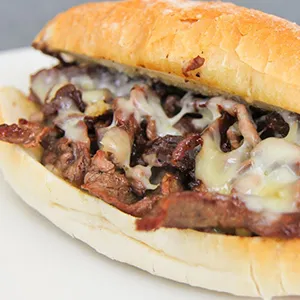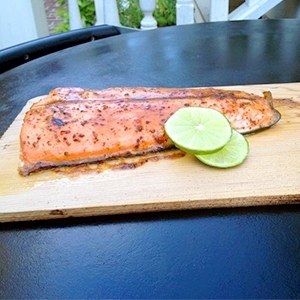- Outdoor Griddles
 Most Popular
Most Popular

Professional Wheeled Cart
Outdoor gas freestanding flattop griddle for patios and backyards

Professional Tabletop
Outdoor gas portable flattop griddle for patios, backyards and on the road
- Indoor Griddles


- Accessories
- Videos
- Recipes
Explore Some of our Favorite Recipes

Philly Cheesesteak

Cedar Plank Salmon

Caprese Diem Kabobs
- Find a Dealer
- Get Help
- Design Inspiration
- Care and Cleaning
- FAQS
- History
- Warranty Activation
- Become an Evo Authorized Dealer
- Contact Us
Quick contact
Address
20360 SW Avery Court, Tualatin, OR 97062 USA
Phone
+1 503-626-1802 | 866-626-1802 (toll free)
Mail
sales@evoamerica.com
Hours
Monday to Friday : 8 a.m. - 5 p.m. (PST)













